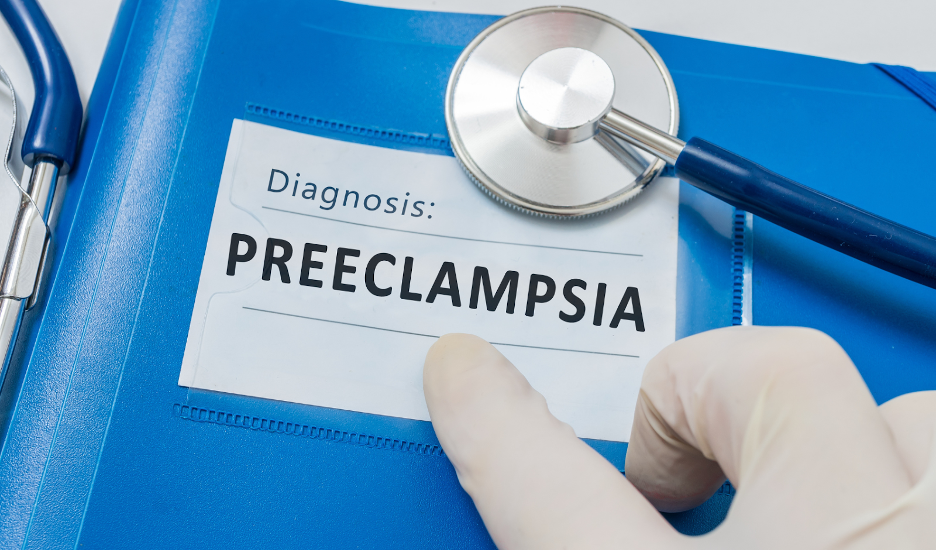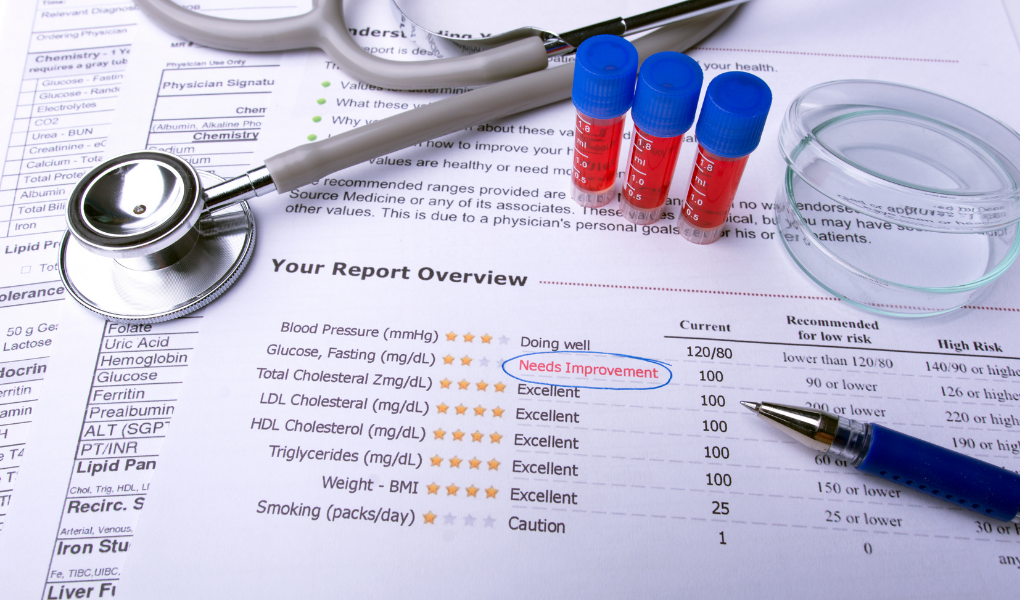CVS and Genetic Testing in Pregnant Women
Rates of genetic counseling and testing for expectant mothers and health monitoring of unborn babies should be improving. Yet this is only sometimes the case for some patients, and what can be done?
How Can We Improve Minority Representation in Clinical Trials and Laboratory Validations?
How can clinical trial participation and laboratory validations be increased for BIPOC and minority patients? Dr. Marilyn Bibbs Freeman discusses ways and places to build medical trust with underrepresented patients.
A New Breakthrough in Preeclampsia Detection | Bringing Hope to Pregnant Women
Preeclampsia affects a significant number of pregnant women worldwide. And while it can be alarming, a recent development offers new hope for early detection and better management.
Promising Advances in Treating Renal Medullary Carcinoma
Unlike other types of kidney cancer, RMC poses a significant challenge with less than 5 percent of patients surviving beyond three years using standard treatments. However, recent research offers new hope.
Blood Test Shows Aging of Organs
If a simple blood test could show how your internal organs are aging, would you want to know? A recent study revealed information that could assist healthcare professionals in providing vital care sooner for patients with a rapidly aging organ.
Can Artificial Intelligence in Ultrasounds and Scan Results Improve Diagnostic Testing?
An informed and balanced approach must be taken with artificial intelligence to ensure that optimal benefits prevail for patients while also decreasing long-standing healthcare disparities.
Advancing Diagnostic Equity
Algorithms are used to diagnose kidney and lung disease and to determine which method of childbirth is best for expecting mothers. These equations consider various factors, including your age, test results, and race.
How Skin Tone Influences Pulse Oximeter Accuracy
Recent evidence shows that pulse oximeter, a small device that measures oxygen, inaccurately measures low blood oxygen levels in patients with darker skin. Yet, the same device is still used as a standard of care today.
Making EEG Testing More Inclusive for All Hair Types
People with coarse, curly hair are often denied opportunities to participate in neuroscience research that uses electroencephalogram (EEG) testing due to standard electrodes being unable to reach the scalp. What can be done to help?
Moving From Race-Based Corrections to Race-Conscious Medical Care
Medicine’s use of race can have the effect of reinforcing false, disproven ideas of race and biology and relying on racist assumptions. The continued use of eGFR means the kidney function of Black patients may appear better than it is, and patients may not get the treatment they need.
Is Racial Bias in Diagnostic Testing Killing People?
BIPOC patients are endangered in America’s healthcare system. Racially biased diagnostic tests are misdiagnosing BIPOC patients, inaccurately hiding the severity of their health issues. This lethal predicament affects some patients' chances to receive timely care and access to crucial resources.
Eliminating Racial Disparities in Cancer Outcomes
Going through cancer isn’t easy for anyone. However, there are groups with clear racial disparities in cancer outcomes. Here is a look at recent developments and collaborations toward eliminating racial disparities so ALL patients have optimal outcomes.
Progress in Achieving Health Equity Requires Attention to Root Causes
The root causes of health disparities must be examined by individuals, government organizations, and patient advocacy organizations to make real progress toward health equity. Here’s a look at where things stand with health equity and root causes that are being addressed.
Preeclampsia and BIPOC Pregnancy: Advocating for Yourself
Awareness must be increased about preeclampsia, a critical medical issue during and sometimes after pregnancy. Here’s a look at preeclampsia and potential risks to BIPOC and underserved patient pregnancy.
Overcoming Barriers to Equitable Care With Medical Lab Tests Series
We hope to help reduce the estimated 40,000 to 80,000 annual deaths due to preventable diagnostic errors. Here’s a look at some recent efforts toward equitable access and education efforts in clinical laboratory medicine.
Lost in Transition, Optimizing Sickle Cell Disease Care
As part of ongoing efforts to expand sickle cell disease knowledge and to reduce health inequities, DHH hosted its first Sickle Cell Health Hub Huddle with sickle cell disease experts.
How Can Female, LGBTQ, and BIPOC Clinical Trial Disparities Be Improved?
Female, BIPOC, and LGBTQ groups are under-represented in clinical trials. Learn where things stand with gender and other disparities in clinical trials and how to make improvements.
Maternal Health Disparities and Fostering Health Equity
Here’s a look at information about maternal health disparities, organizations that are working toward equitable maternal care for all pregnancies, and ways that others can help improve maternal health outcomes.
The Patient-Provider Relationship Role in Health Equity
In the pursuit of health equity, patient-provider relationships and patient perceptions about their health providers are vital in making improvements. Here’s a look at where we are and how to make progress.
Health Disparities and Insurance Coverage, Where We Are and Moving Forward
When it comes to health insurance, not everyone has access to equitable healthcare in the U.S. Here’s a look at where we are and ways to make improvements in health insurance coverage and health disparities.




















